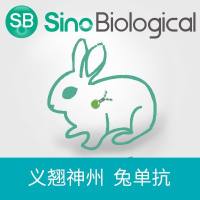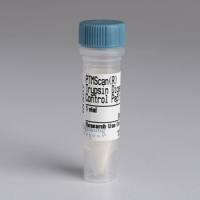Several critical polypeptide growth factors have been identified for the lung, including transforming growth factor-beta (TGF-β). The three mammalian TGF-β isoforms, TGF-β1, TGF-β2, and TGF-β3, are homologous growth mediators that have been shown to participate in multiple biological processes, including cellular proliferation, tissue repair, embryogenesis, hematopoiesis and immune response, and extracellular matrix (ECM) production (reviewed in refs. 1 and 2 ). TGF-β1 is the most prevalent among the three TGF-β isoforms in mammals. The TGF-βs are potent growth inhibitors of most normal epithelial cell types, although many cancer cells are resistant to their growth-inhibitory effects (3 -5) . The biological activities of TGF-β are mediated by binding to a heteromeric receptor complex consisting of two subunits, designated type I (TGF-β RI) and type II (TGF-β RII) (reviewed in ref. 6 ). Molecular cloning and functional analyses have demonstrated that TGF-β RI and TGF-β RII are serine/threonine kinases that are essential elements for TGF-β-mediated signal transduction (7 ,8) . The cooperativity of TGF-β RI and TGF-β RII in signal transduction suggests that loss of functional TGF-β RI and/or TGF-β RII expression could have an impact on the ability of TGF-β to inhibit proliferation. It has been demonstrated that there is an association between inactivation of TGF-β RII and a decrease in TGF-β-mediated growth inhibition in several human tumor cell lines (9 -11) .






